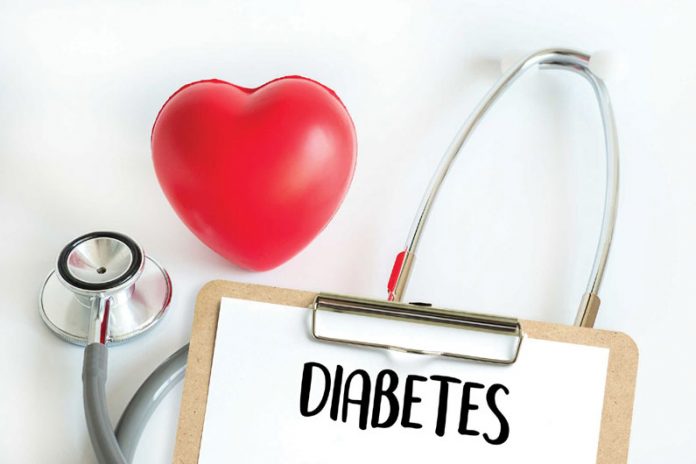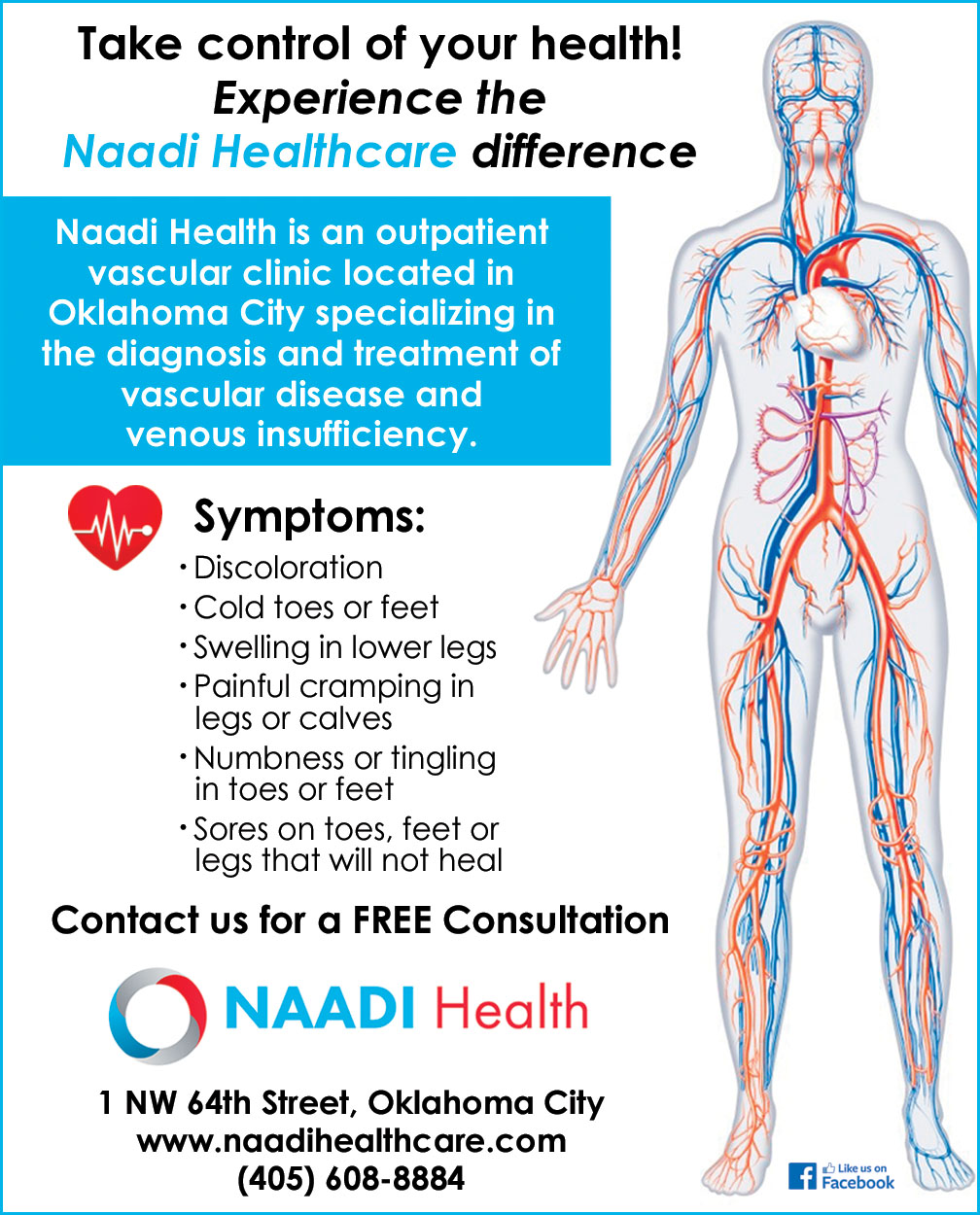
by Dr. C.V Ramana
Understanding diabetes and the long-term problems associated with uncontrolled blood sugar is the first step in preventing more serious complications of the disease.
Diabetes is a disease that involves problems with the hormone insulin. To understand why insulin is important, it is useful to know how the body uses food for energy. The body is made up of millions of cells and these cells need food in a simple form to function appropriately. Much of what we eat and drink is broken down into a simple sugar called glucose. Glucose is food for the cells. The pancreas releases insulin to help your body use and store the glucose (sugar) and fat from consumed food. Insulin regulates the amount of glucose that is in the blood stream by conducting the transfer of glucose from the blood stream to the muscle and fat tissues to use be used for fuel or to the liver for storage. Diabetes can occur when 1) The pancreas does not produce any insulin. 2) The pancreas produces very little insulin or 3) the body does not respond to insulin also called insulin resistance. The most common form of diabetes is type II. Ninety-five percent of diabetics are classified as type II. This form of diabetes occurs when cells are resistant to insulin. The pancreas releases more and more insulin, but eventually it gives out.
Too much glucose (sugar) in the blood stream for long periods of time has serious health consequences. Some of the long-term affects of diabetes are increased risk for heart disease or heart attack, increased risk for stroke, plaque build-up in the arteries, kidney damage, nerve damage, changes in vision, skin problems and wounds that won’t heal. These negative long-term effects can be prevented by proper management of blood sugar. Damage to the arteries can lead to vascular disease. Some of the symptoms and side effects of vascular disease include pain in the legs or calves when walking, numbness or tingling in the feet, cold feet, and discoloration or sores that will not heal. There are a number of treatment options available for those affected by vascular disease.
The most important blood test for diabetes is called the A1c. Your doctor may call it glycosylated hemoglobin. It is a simple blood test that gives the average of blood sugar level over the past three months. The value is determined as a percentage ranging from 4%-15%. A normal value is around 4%. The American Diabetes Association (ADA) recommends an aggressive approach to the prevention of diabetes and the current guidelines call for an oral diabetic medication such as Metformin with an A1c of 5.8% or greater. A value of 7% or higher can require tighter control with the use of injectable insulin. Studies by the ADA report prevention of complications related to diabetes when the A1c value is under 7%. A person with normal blood sugar levels should have their A1c tested every 6 months and those already diagnosed with diabetes should have their A1c tested every 3 months. Decreasing the A1c value as little as one percent may decrease the risk of irreversible effects of nerve damage, kidney damage and changes to vision.
The early signs of high blood sugar are increased thirst, headaches, trouble concentrating, blurred vision, frequent urination, fatigue and weight loss. Often the signs and symptoms of high blood sugar are discrete and go unnoticed. If you are not currently under the care of a primary provider, then establish one and ask to be screened for diabetes. If you are currently diagnosed as a diabetic, consistency is key to long-term prevention. Have your A1c level checked every three months and work closely with your primary care provider to establish a care plan and a medication regimen that works for you.
If you feel that you may be at risk for diabetes, any of its complications, vascular disease, or have some of the symptoms, you should consult your primary healthcare professional to screen for it, and to discuss treatment options.
You are also welcome to call our Vascular Center to schedule a prompt and free consultation. You can contact us at 405-608-8884. We are a specialized center staffed with highly experienced professionals, including a Vascular/Interventional physician, dedicated to treating vascular disease on an outpatient basis using the latest proven technology to combat this epidemic.
Dr. C.V Ramana is a vascular and interventional radiologist with more than 20 years of practice experience. He has expertise in all areas of vascular and interventional radiology. Dr. Ramana has a Ph.D from Yale University and MD from CWRU in Cleveland, Ohio where he subsequently completed his fellowship in Vascular and Interventional Radiology at the Cleveland Clinic.
Visit Naadi Health at 1 NW 64th Street in Oklahoma City or call (405)-608-8884. www.naadihealthcare.com















